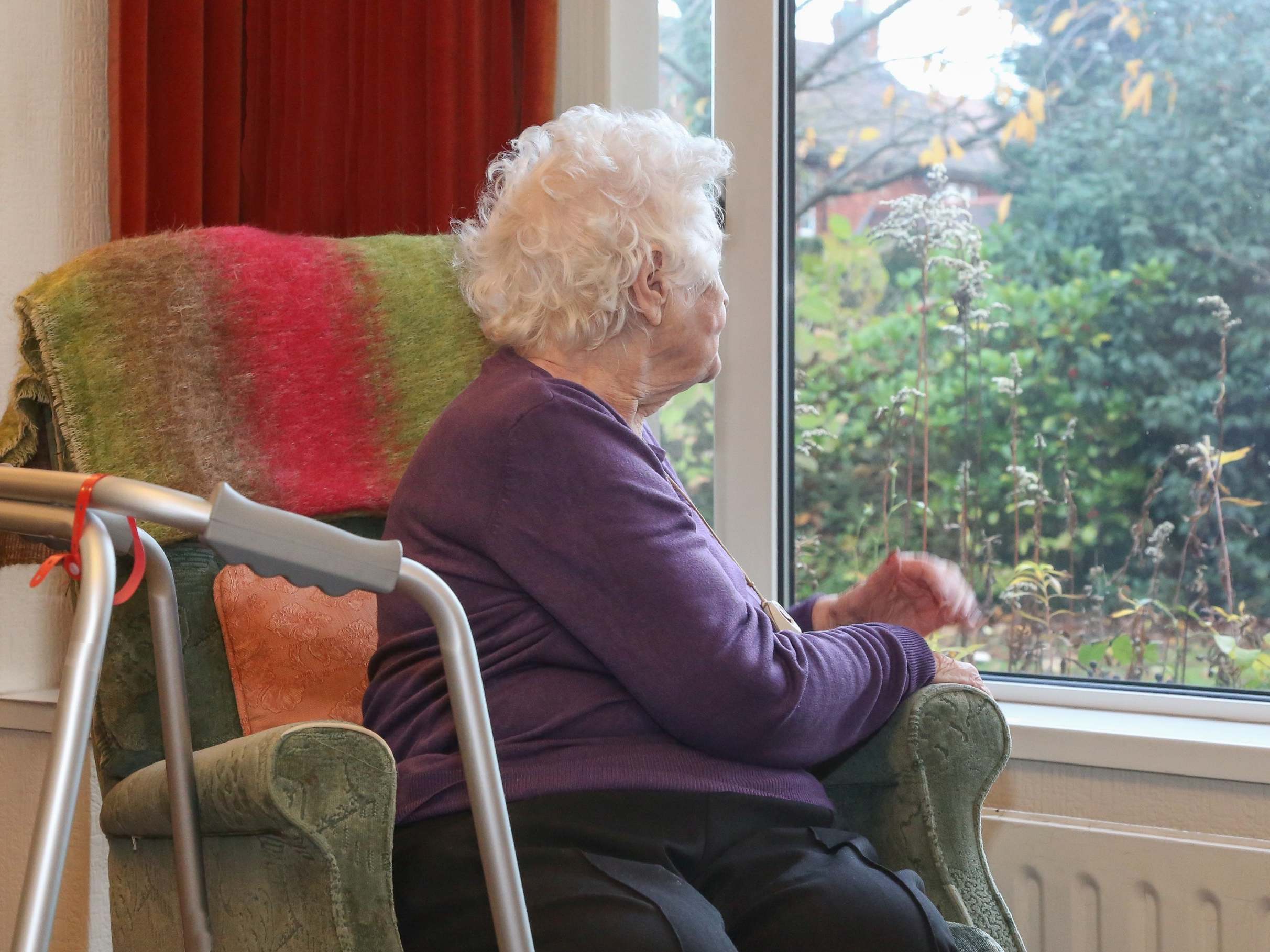Why social connection is the best antidote to loneliness
There are 1.4 million elderly people in England who are chronically lonely. This suffering is a sad indictment on our society and must be solved, says Bruce Keogh


Loneliness is terrifying and its effects are toxic. It affects our wellbeing, it heightens anxiety and depression and adds to stress. It relentlessly undermines our physical health through high blood pressure, cardiovascular disease, stroke, cognitive decline and aggravates Alzheimer’s. It also significantly shortens lives.
The elderly living in isolation are most at risk.
Age UK estimates that there are 1.4 million elderly folk in England who are chronically lonely. This suffering is a sad indictment on our society particularly since it doesn’t need to be like this. There are many things we can do, but social connection has proven to be the best antidote.
Just over two years ago, the Jo Cox Commission studied loneliness in detail and made a series of sensible recommendations culminating in the appointment of a “loneliness minister”, with subsequent publication of a government strategy to address the problem towards the end of 2018.
An update on the strategy published last month highlights significant progress mainly through local initiatives.
As we look to the future and policymakers explore the next steps for the loneliness strategy, they should look closely at the link between housing and loneliness among older people. There are potential gains to be made.
A recent report Homes for Later Living does just this, taking the quality of life metrics used by the NHS as a way of measuring someone’s general wellbeing. The evidence shows that someone aged 80 who has moved into specialist retirement housing typically exhibits the wellbeing and quality of life characteristics of someone 10 years younger.
Reasons ascribed to this include reduced levels of anxiety. This could be due to no longer having to maintain a house and garden, or through having greater confidence in the safety and security that comes with knowing there is a friendly face on-hand to assist as required.
Furthermore, the same research has demonstrated health and social care cost savings of £3,500 per person per year for someone living in specialist retirement housing as opposed to mainstream housing.
Where this research becomes even more informative to the debate on how we equip our country for an ageing population is in the projected savings that would arise if the supply of new retirement housing grew in line with the demand forecast. If just 10 per cent of the government’s new housing target were earmarked for specialist retirement housing, it could deliver health and social care savings reaching over £2bn per year in 10 years’ time.
In the coming decade the UK will be home to over 1.2 million more over 65s. This is something to celebrate and doubtless those people will feel younger and more active than their parents did at that age. However, this represents an immediate and serious public policy challenge in how we help people continue to feel active, engaged and socialised long into old age. This latest research suggests that purpose-built housing could be key to reducing isolation and improving social connection among older people.
Much has been said about the ambition to seek cross-party consensus on the way forward for social care in the UK. Any such discussion would benefit from considering the demonstrable benefits of specialist retirement housing, in terms of quality of life, social value and return on investment for the taxpayer.
The findings of the Homes for Later Living report suggest that a focus on retirement housing offers the opportunity of not only generating significant health and social care savings, but also making our growing population of older people feel younger, healthier and happier.
Sir Bruce Keogh was the national medical director for NHS England and is currently chair of Birmingham Women’s and Children’s NHS Foundation Trust
Join our commenting forum
Join thought-provoking conversations, follow other Independent readers and see their replies
Comments
Bookmark popover
Removed from bookmarks